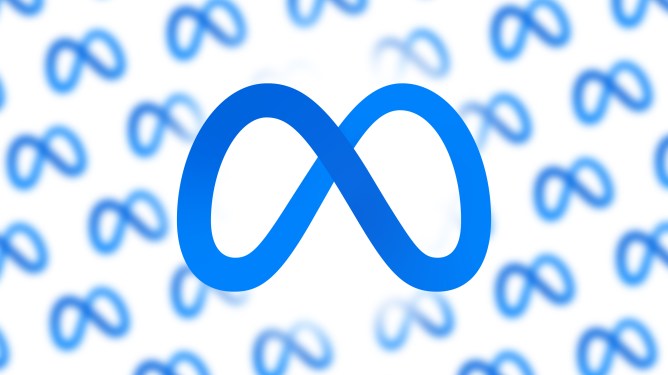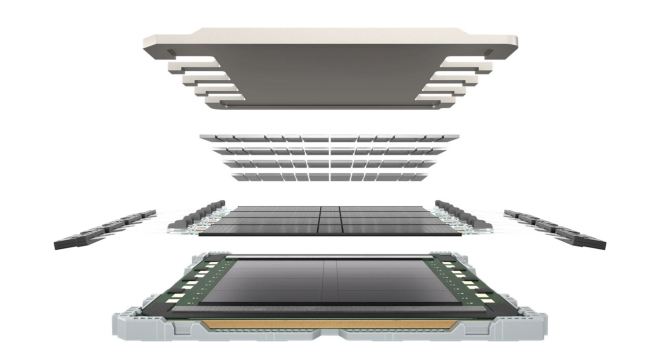Introduction
In a groundbreaking move to enhance its metaverse efforts, Meta has entered a strategic partnership with Microsoft, paving the way for the integration of cutting-edge tools such as Windows apps, Teams tie-ins, and innovative streaming services. During the Meta Connect 2022 conference, Satya Nadella, Microsoft’s CEO, unveiled plans to integrate Teams with Quest devices and introduced a method to stream Windows apps to Meta’s headsets. Additionally, Microsoft’s Xbox Cloud Gaming service was revealed as a potential game-changer for the metaverse landscape.
Integration Of Microsoft Teams With Quest Devices
During the conference, Satya Nadella emphasized the importance of seamless collaboration in the metaverse. He announced that Teams will integrate with Quest devices, enabling users to engage in immersive meetings akin to personal interactions. The announcement also included plans for custom avatars, enhancing user experience and fostering deeper connections.
Horizon Workrooms: Collaboration Made Immersive
Horizon Workrooms, a virtual collaboration space developed by Meta, will now connect directly with Teams. This integration allows users to join meetings from within the Workrooms environment, creating a cohesive workflow where they can seamlessly switch between productivity tasks and video calls. Nadella highlighted that this feature will "allow people to connect, share, and collaborate as though you are together in person," underscoring its potential to revolutionize remote work practices.
Bringing Windows Apps To Quest Devices
Nadella revealed that Microsoft 365 will soon be accessible on Quest devices, offering users a unique way to interact with productivity apps. These apps, however, won’t be full-fledged versions designed for VR; instead, they’ll function as Progressive Web Apps (PWAs). PWAs are optimized for quick access and offline use, ensuring that users can maintain productivity seamlessly even without an internet connection.
Enhanced Collaboration Features
The integration of Windows apps with Teams promises to streamline collaboration among remote teams. By having all necessary tools at their fingertips within the metaverse environment, teams can work more efficiently, reducing barriers and enhancing communication.
Microsoft’s Shift Post-HoloLens Project Abandonment
It’s worth noting that Microsoft had previously abandoned its HoloLens project, which aimed to create immersive AR experiences. This decision left the company exploring new avenues for innovation, leading them towards the metaverse space. Nadella’s comments during the conference hinted at a strategic shift, where meta becomes a central platform for both productivity and entertainment.
Microsoft’s Focus On The Metaverse
With HoloLens’ project being put on hold, Microsoft has redirected its efforts toward leveraging virtual reality (VR) and augmented reality (AR) technologies. The partnership with Meta is a prime example of this strategic shift, allowing both companies to complement each other’s strengths in productivity tools and immersive experiences.
Xbox Cloud Gaming: Enhancing The Metaverse Experience
The announcement of Xbox Cloud Gaming further solidified Microsoft’s commitment to enriching the metaverse ecosystem. By enabling real-time cloud-based gaming on Meta Quest devices, this service promises high-quality gameplay, cross-platform playability, and a seamless integration with other services like Teams and Windows apps.
Potential Applications In The Metaverse
Xbox Cloud Gaming could be used for a variety of applications within the metaverse, from virtual concerts to immersive virtual reality gaming experiences. Its ability to run on standard devices without requiring high-end hardware makes it accessible to a broader audience, further expanding its potential impact on the metaverse landscape.
Challenges And Considerations
While this partnership presents exciting opportunities, there are challenges that need to be addressed. For instance, ensuring seamless integration between Teams and Windows apps while maintaining privacy standards is crucial. Additionally, managing user expectations regarding the performance and responsiveness of such advanced tools will be essential for a smooth adoption process.
Conclusion
The partnership between Meta and Microsoft marks a significant milestone in the development of immersive collaborative environments. By integrating Windows apps, Teams, and Xbox Cloud Gaming with their hardware, both companies are setting the stage for a future where productivity and entertainment converge seamlessly within virtual spaces. As we continue to evolve, these tools will undoubtedly shape how we work, connect, and experience digital content in innovative ways.











